Tenzing Rigdol’s My World Is in Your Blind Spot—the highlight and namesake of this exhibition—consists of five large mixed-media panels. The central buddha silhouettes greet the viewer in their recognizable cross-legged seated positions—a posture often associated with meditation and peace—and with a stunning visual effect enhanced by the use of silks and fire imagery. But the composed aesthetic of the series belies the meaning behind it. The fires seemingly emerging from the bodies of the buddhas reference the over 155 Tibetans who have self-immolated since February 27, 2009.
[huge_it_gallery id=”15″]
In an ultimate act of sacrifice, these Tibetans set themselves on fire with the hope of bringing attention to the oppression currently faced by their society under the imposed laws of the Chinese government. And yet, the buddhas can seem peaceful, even welcoming in their balanced postures, their calming presences perfectly harmonized by an artist well-versed in representing both destruction and construction. The contradictions on display in this exhibition are meant to challenge us. They are simultaneously safe and subversive: beautiful to look at, devastating to comprehend.
Tenzing Rigdol: My World Is in Your Blind Spot is guest curated by Sarah Magnatta.
We gratefully acknowledge the organization of the exhibition by the Emmanuel Art Gallery at the University of Colorado Denver and support by Emma C. Bunker and the Bunker Family and Rossi & Rossi, London and Hong Kong.
On view: September 12 – November 14, 2019
 Tenzing Rigdol was born in Nepal in 1982 after his parents, Norbu Wangdu and Dolma Tsering, fled occupied Tibet in the late 1960’s. Rigdol came to the U.S. in the late 1990’s and studied at the University of Colorado Denver, earning a BFA in Painting and Drawing, and a BA in Art History in 2005. During these formative years, he also studied traditional Tibetan sand painting and butter sculpture at the Shekar Chorten Monastery and thangka painting at the Tibetan Thangka Art School, both in Kathmandu. Rigdol has been widely exhibited internationally and his work can be found in public and private collections around the world.
Tenzing Rigdol was born in Nepal in 1982 after his parents, Norbu Wangdu and Dolma Tsering, fled occupied Tibet in the late 1960’s. Rigdol came to the U.S. in the late 1990’s and studied at the University of Colorado Denver, earning a BFA in Painting and Drawing, and a BA in Art History in 2005. During these formative years, he also studied traditional Tibetan sand painting and butter sculpture at the Shekar Chorten Monastery and thangka painting at the Tibetan Thangka Art School, both in Kathmandu. Rigdol has been widely exhibited internationally and his work can be found in public and private collections around the world.
“In this work, I try to understand the continued and constant self-immolations that are taking place in Tibet. I have found my mind increasingly occupied by these controversial acts. Both courageous and tragic, self-immolations challenge us, as witnesses, to either take action or to practice indifference. Consequently, these acts force us to define and redefine our individual and collective strengths/weaknesses based on our responses. How we respond defines not only myself, but also the world we live in.” – Tenzing Rigdol.


